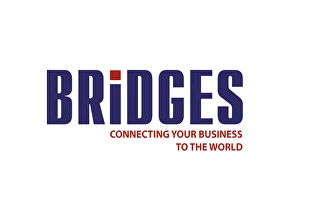EFFECTIVE TOOL TO INFLUENCE TRADE WITHIN WTO


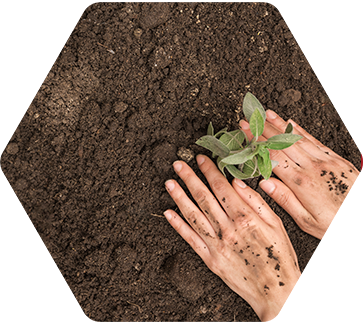
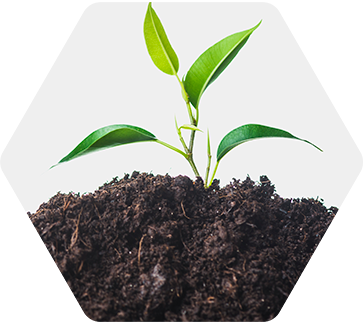
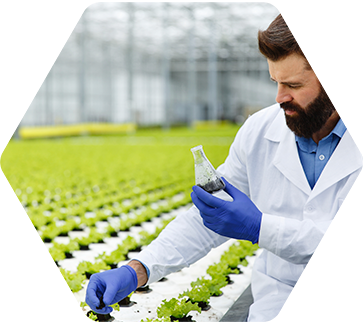
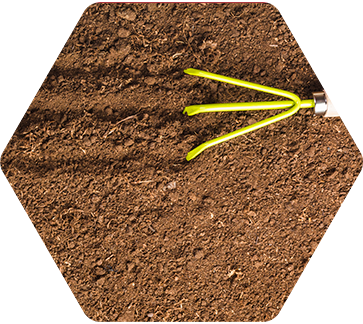
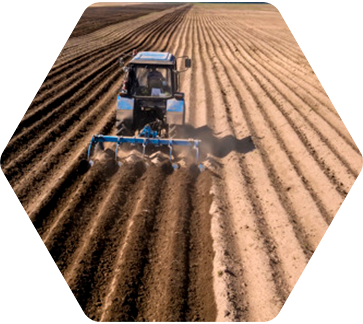











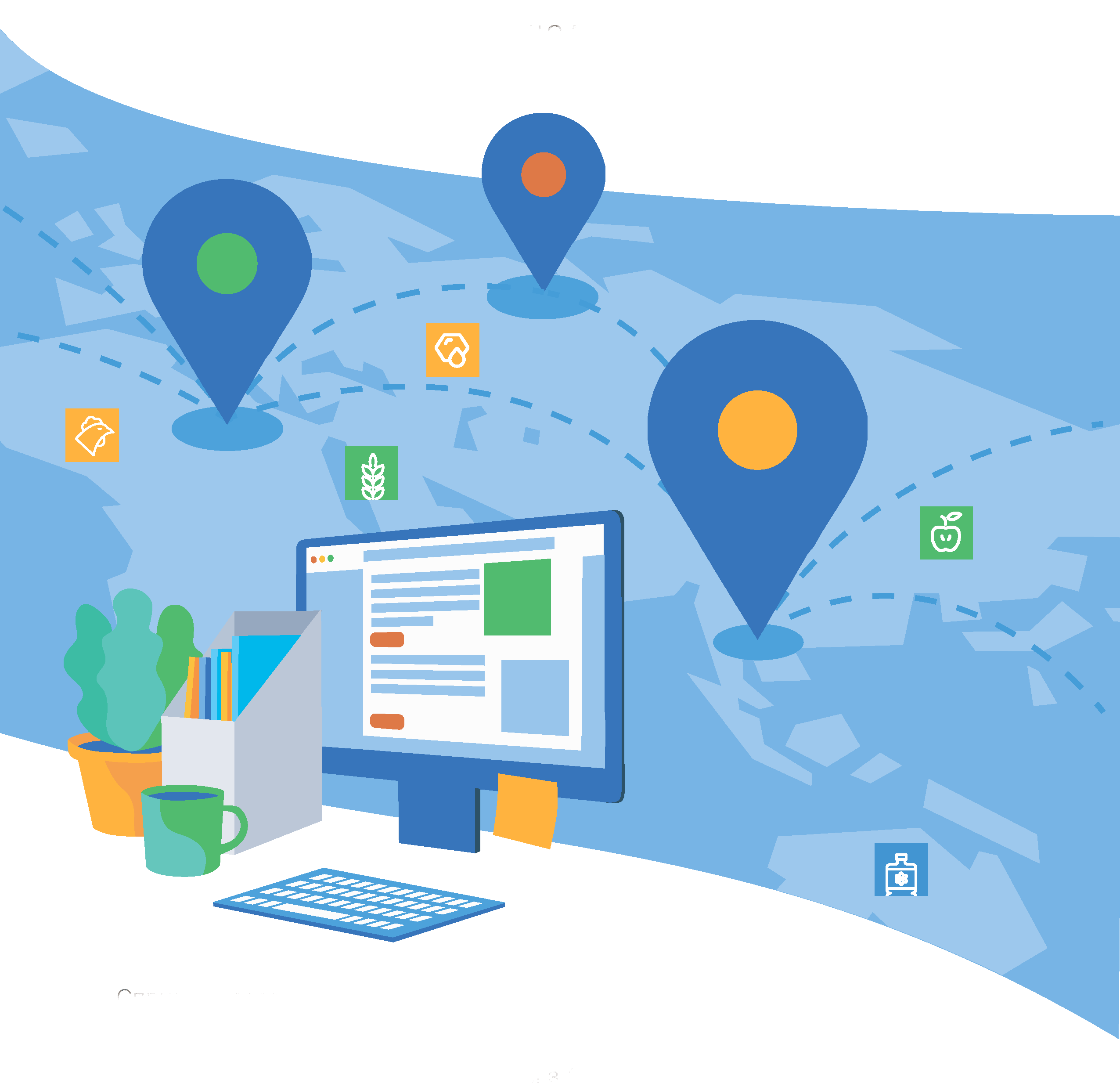
"EFFECTIVE TOOL TO INFLUENCE TRADE WITHIN WTO"
Trade facilitation in Ukraine through partnership of business and government and improved transparency of sanitary and phytosanitary measures during the DCFTA implementation process

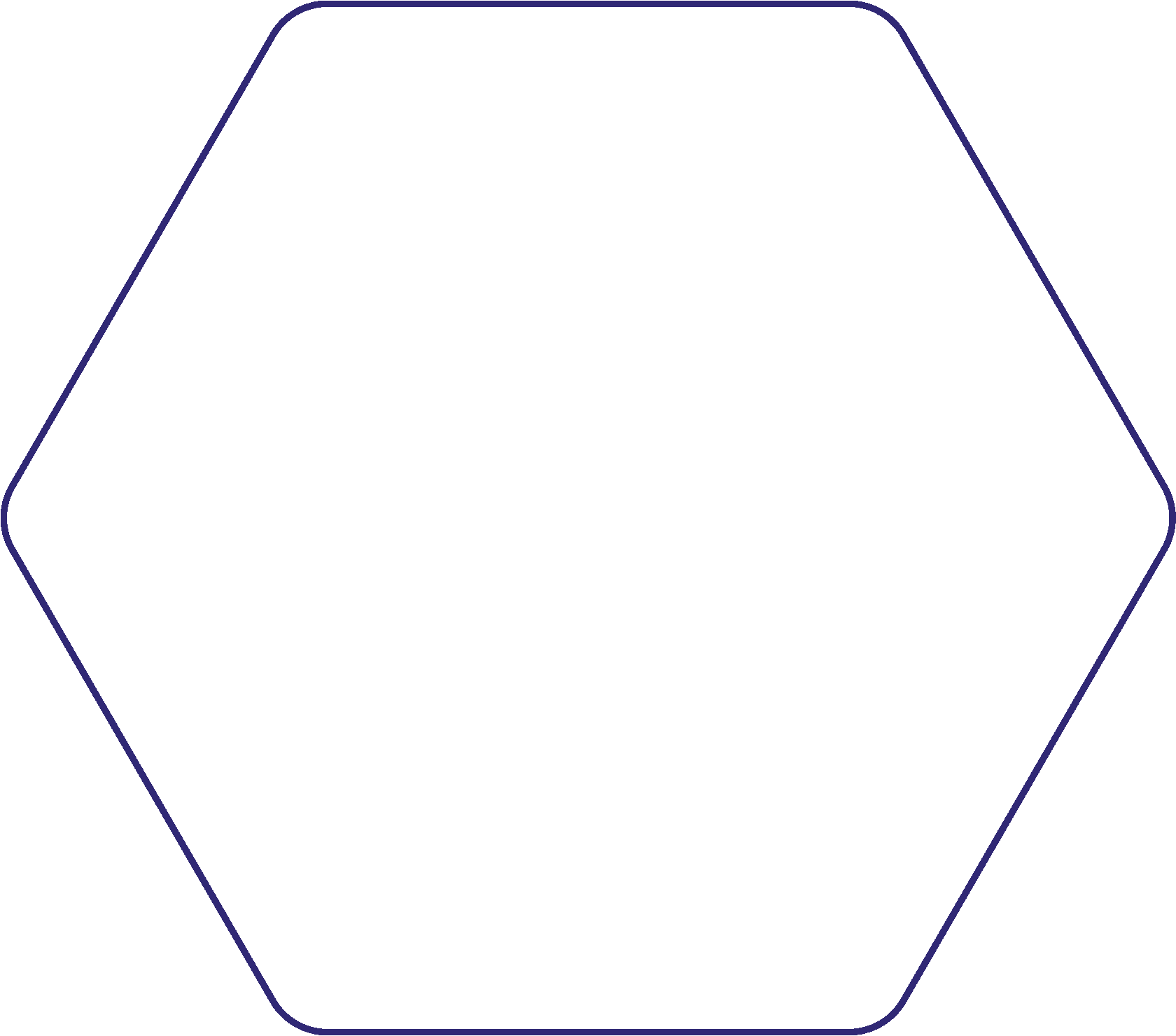




































Guideline to submit comments


This material was developed as a joint initiative of the US Department of agriculture (USDA/FAS), Agricultural Extension Center BRIDGES and the TBT/SPS National Notification Authority and Enquiry Point at the Ministry of Economic Development and Trade of Ukraine.

INTRODUCTION
If you are a producer of agricultural products, exporter, or a business association is it possible for you to provide feedback and impact proposed sanitary and phytosanitary (SPS) measures in Ukraine and in other countries that you do trade with or would like to develop new business relationships in the future? The Answer is Yes, you may provide feedback and participate in the process of drafting new regulations.
After joining the World Trade Organization (WTO) in 2008, Ukraine has strengthened its position as one of the players in global trade. The National Notification Authority and Enquiry Point was established at the Ministry of Economic Development and Trade of Ukraine that has an access to notifications and enquiries that are received from other WTO members, analyzes information provided in the comments and identifies those most relevant for Ukraine. For example, new measures may create new technical barriers to trade of apples, nuts, honey or possibly other products. Once the most relevant measures are identified the National Notification Authority and Enquiry Point places information on the
website of the Ministry of Economic Development and Trade for all interested stakeholders: industry business associations, commodity producers, exporters, government institutions and others. Each stakeholder has an opportunity to learn more about new measures, prepare for changes and/or provide comments for each of the proposed measures or notifications.
Providing relevant comments to notified measures is one of important instruments to draw attention and possibly introduce changes to proposed measures, if draft measures create technical barriers to trade, not scientifically based or not in agreement with existing laws or standards.
Providing relevant comments to notified measures is one of important instruments to draw attention and possibly introduce changes to proposed measures, if draft measures create technical barriers to trade, not scientifically based or not in agreement with existing laws or standards.



Comments provided in a timely manner may influence new measures passed by WTO members. Business friendly measures for Ukrainian producers would facilitate trade and improved predictability and transparency of international trade
Commenting process facilitates equal opportunities for all market players
Comments to proposed measures facilitate development of more transparent measures
AN EXAMPLE OF SUCCESSFUL MITIGATION OF BARRIERS TO TRADE
Commenting process is a common practice that helps to insure that comments from all stakeholders are taken into account.
The regulations in the US prohibited or restricted the importation of fruits and vegetables into the United States from certain parts of the world to prevent the introduction and dissemination of plant pests within the United States. In May, 2016, Animal and Plant Health Inspection Service (APHIS) at the US Department of Agriculture (USDA) published a proposal to amend the regulations to allow the importation of commercial consignments of fresh lemons from northwest Argentina into the continental United States, subject to a systems approach and notified to the WTO. Comments were solicited concerning the proposed regulation for 60 days (ending July, 2016 and later the deadline was extended until August 2016) allowing all stakeholders from the US and other countries (business associations, representatives of government institutions, farmers and others) to provide comments regarding the new regulation. A total of 414 comments were received that were carefully reviewed and analyzed. Almost 300 substantial comments were taken into account in the final draft of the regulation. Also APHIS conducted an additional fact finding site visit to Argentina to obtain more information on some of the issues raised in the comments. Facts found during the site visit resulted in some corrections that were introduced in the final draft of the regulation, including recommendations on pest control (especially the Mediterranean fruit fly). This final regulation accounted some of the submitted comments and proposed changes for the importation of lemons from northwest Argentina into the United States while continuing to provide protection against the introduction of quarantine pests (published on December 23, 2016 and effective starting January 23, 2017). As a result, the US government allowed imports of lemons from Argentina starting January 23, 2017.
All YOU NEED TO KNOW ABOUT COMMENTING
WHAT DO WE COMMENT ON?

WHAT INFORMATION MAY WE FIND IN THESE REGULATIONS?

- Proposed Sanitary and Phytosanitary (SPS) measures that create technical barriers to trade
- Proposed changes to maximum residue limits (MRLs) and use of pesticides
- Food safety requirements and other measures
Exporters and producers are frequently providing comments in many WTO member States. Nevertheless, US experience demonstrates that business associations uniting certain groups of commodity producers could play a very important role. Representatives of associations analyze new measures at various markets and decide which measures and regulations require more attention of their members. After consultations with their members, they prepare comments on particular draft regulations. Comments are then submitted to the enquiry point of a relevant country.
WTO member States are allowed to have 60 days to submit written comments that may then be discussed and analyzed.
Comments should be submitted to the National Notification Authority and Enquiry Point at the Ministry of Economic Development and Trade of Ukraine 10 days prior to the deadline indicated in the notification of other countries. Comments help to demonstrate purpose, justification of proposed measures and consistency of new measures with existing agreements, regulations and production processes.
Comments should be submitted to the National Notification Authority and Enquiry Point at the Ministry of Economic Development and Trade of Ukraine 10 days prior to the deadline indicated in the notification of other countries. Comments help to demonstrate purpose, justification of proposed measures and consistency of new measures with existing agreements, regulations and production processes.
COMMENTS SHOULD BE SUBMITTED TO THE TBT/SPS NATIONAL NOTIFICATION AUTHORITY AND ENQUIRY POINT AT THE MINISTRY OF ECONOMIC DEVELOPMENT AND TRADE OF UKRAINE.

01008, Kyiv, Grushevskogo, 12/2
Phone: 596-68-39 or e-mail: ep@me.gov.ua
Phone: 596-68-39 or e-mail: ep@me.gov.ua
- Draft regulations, measures and proposed changes to existing regulations that may affect trade
Commenting process is not a submission of complaints. Comments should be formulated as precisely and accurately as possible. It is advisable to follow recommendations for the format of comments:
Entity submitting the comment
- Name of the enterprise/association
- Address
- Contact person in charge of comments
- Date submitted
- Information on notification that is the subject of the comment (title, number, date)
- The reason for the comment must be clearly stated. For example, a draft regulation does not comply with production processes, does not refer to an existing international standard, etc. It is advisable to provide facts in support of the comment.
The essence and rationale of the comment
WHERE TO FIND INFORMATION

- me.gov.ua – The source of information on notifications of WTO members in Ukrainian is the website of the Ministry of Economic Development and Trade - (Menu: Activities/International Trade/Ukraine and the World Trade Organization/Transparency within the Notification System/) section "Information on notifications from WTO member countries".
- www.epingalert.org – through a notification access system called ePing SPS Notification Alert System*, which provides timely access to notifications of WTO members and evolving product requirements . It allows you to search according to user-defined criteria and parameters for products, countries, regulatory purposes, etc.
- http://spsims.wto.org – website of the World Trade
- Organization (WTO) - thematic catalog of the
- sub-section "Sanitary and Phytosanitary Measures".

*The ePing online system is specifically designed to facilitate trade, transparency and dialogue amongst the public and private sector. This system allows you to keep up-to-date with information on changes in the international trade requirements of WTO members in the areas of SPS (sanitary and phytosanitary measures) and TBT (technical barriers to trade) and is accessible to everyone - governmental and non-governmental organizations, representatives of small and medium-sized businesses and others.
All YOU NEED TO KNOW ABOUT COMMENTING
Date the comment was submitted: December 30, 2005
Name of the commenter:
Barb Sachau
Name of the commenter:
Barb Sachau
City: Florham Park
Country: USA
State: New Jersey
Country: USA
State: New Jersey
Why cant the U.S. grow enough peppers within its own country? Why are we allowing this importation with its danger of exotic insects causing all kinds of problems here? why cant we have local small farms with fresh food instead of the endless oil involved in shipping peppers here from so far far away. Let the u.s. become reliant on its own peppers. I say this whole proposal is trash.
Import:
Lemons from Argentina
Lemons from Argentina
Date the comment was submitted: August 4, 2016
Name of the commenter:
Diane Guinn
Name of the commenter:
Diane Guinn
City: Exeter
Country: USA
State: California
Country: USA
State: California
Stop the importation of Lemons from Argentina. It will hurt the farmers here in the United States of America and that is after all who you work for!


I strongly oppose the interim rule on the importation of animals and animal products from regions where avian influenza exists, including China, into the United States (Docket # APHIS-2006-0074). I oppose this change to the import rules for the following reason: this rule would provide the most immediate benefit to the People's Republic of China, a country that is currently trying to gain permission to export processed poultry products to the United States.


Import:
Fresh citrus from Columbia to the USA
Date the comment was submitted: April 9, 2018
Fresh citrus from Columbia to the USA
Date the comment was submitted: April 9, 2018
Name of the commenter:
Richard Miller, Administrative Coordinator of Quarantine Programs, Louisiana Department of Agriculture & Forestry
Richard Miller, Administrative Coordinator of Quarantine Programs, Louisiana Department of Agriculture & Forestry
City: Baton Rouge
Country: USA
State: Louisiana
Country: USA
State: Louisiana
The pest risk assessment for citrus imported from Colombia indicates four pests: Anastrepha fraterculus, Anastrepha striata, Ceratitis capitata, and Gymnandrosoma aurantianum that are high risk for introduction into the US. Along with the other seven pests of medium risk identified, any one of these four pests would seem like an undue risk to the citrus industry. We do not believe that the additional measures are stringent enough to mitigate the risk of the 11 pests that were identified in the PRA to be allowed into the US.

Phosphine-releasing fumigants have been used successfully for the fumigation of cereals and legumes. In addition, the standard of the European and Mediterranean Plant Protection Organization PM 10/21 (1) "Fumigation of long-term storage products with phosphine for the general control of the presence of insects in production", describes the use of phosphine for various products to prevent the presence of insects in long-term storage products. The effectiveness of fumigants, such as phosphine, has been proven by research.India does not currently recognize fumigation other than fumigation with methyl bromide when importing grain into India, which impedes international trade in grain and in some cases makes it impossible. Please consider the possibility of determining the approval procedure for any fumigant / reagent other than methyl bromide that could be used for fumigation when importing products to India.Please consider the possibility of the approval procedure for any fumigant/reagent other than methyl bromide that could be used for fumigation when importing products to India.
Name of the commenter:
Roger Smith
Roger Smith
City: Exeter
Country: USA
State: California
Country: USA
State: California
Considering the many pest and disease problems in Argentina for lemons, it is questionable whether they would ever meet realistic standards for entry into citrus producing states in the U.S. Why do we need to place our U.S. citrus industry at risk? At the very least, APHIS must re-visit Northwest Argentina to verify the industry is not in disarray before any action is taken so a 120 day extension is advisable to allow inspection. In my opinion, Argentina can export all the lemon oil they want and concentrate, but fresh lemons need to be excluded as the risks are not worth the rewards.

Import:
Lemons from Argentina
Date the comment was submitted: June 15, 2016
Lemons from Argentina
Date the comment was submitted: June 15, 2016


COMMENTS THAT WOULD BE CONSIDERED SUBSTANTIAL

USEFUL RESOURCES
Ministry of Economic Development and Trade of Ukraine
www.me.gov.ua
e-mail: ep@me.gov.ua
01008, Ukraine, Kyiv, Grushevskogo, 12/2
Phone: (044) 253-93-94
World Trade Organization (WTO):
http://spsims.wto.org
ePing System:
http://www.epingalert.org
www.me.gov.ua
e-mail: ep@me.gov.ua
01008, Ukraine, Kyiv, Grushevskogo, 12/2
Phone: (044) 253-93-94
World Trade Organization (WTO):
http://spsims.wto.org
ePing System:
http://www.epingalert.org
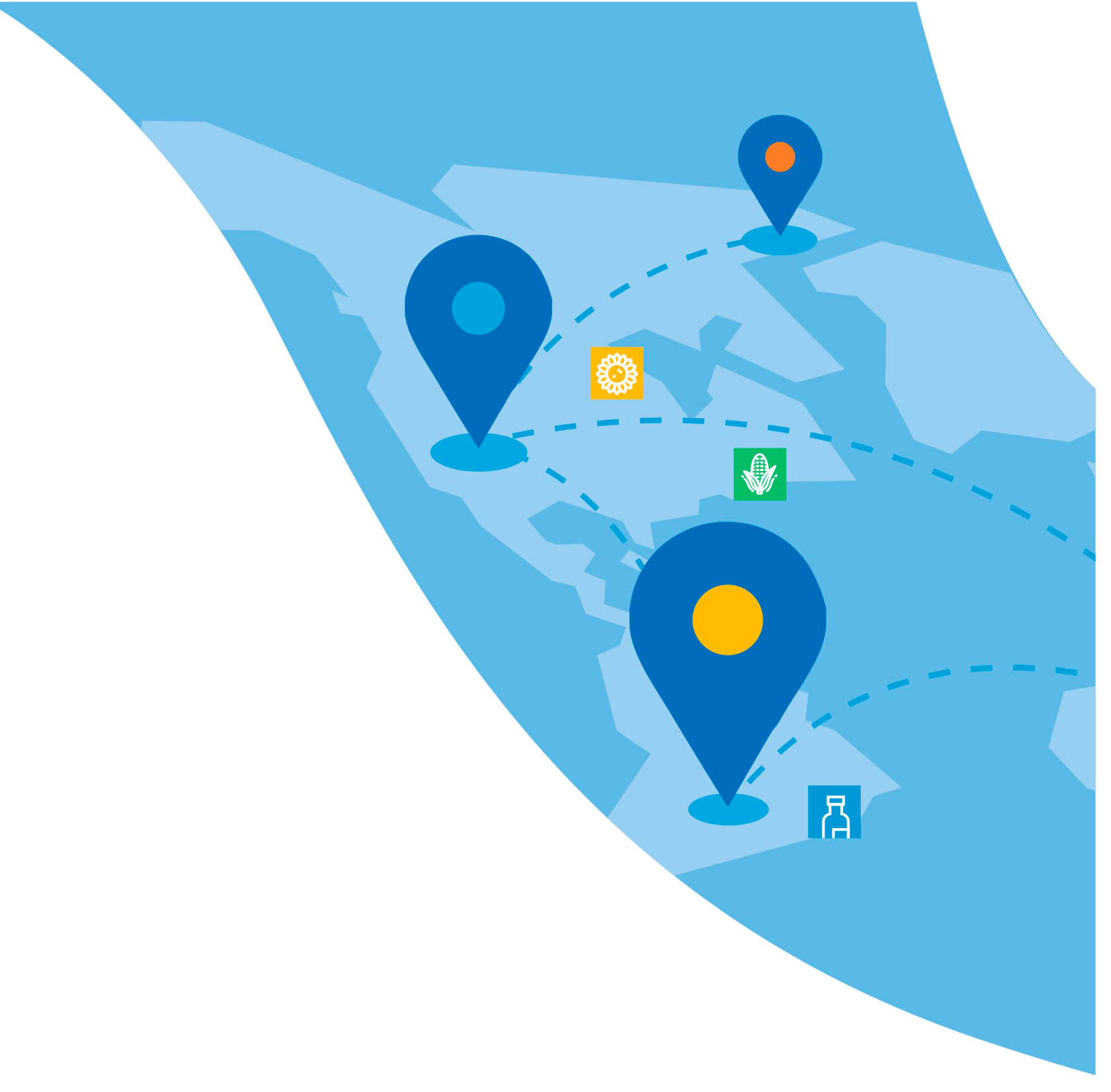
The site uses cookies to analyze traffic and configure ads.
Agree
